Linux VPS

How to Add a User to the Root Group and Grant Privileges in Linux (Safely and Securely) Granting root-level privileges to a user in a Linux system is a powerful and dangerous task. It’s essential when managing servers, automation, or giving sysadmins full control — but it must be done correctly and securely to avoid […]

How to View Users in Ubuntu Introduction Ubuntu, like other Linux distributions, manages users and permissions through a structured system. Whether you are an administrator or a regular user, knowing how to view existing users on your Ubuntu system is essential for security and management. Viewing All Users Ubuntu stores user information in the /etc/passwd […]
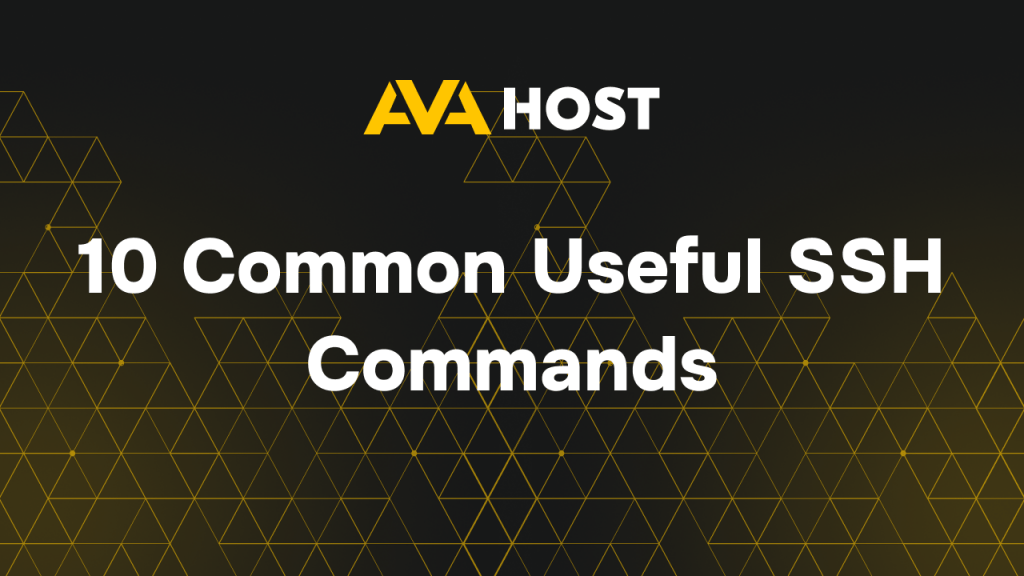
Secure Shell (SSH) is an essential tool for system administrators, developers, and anyone managing remote servers. With SSH remote access, you can securely connect to a remote machine, execute commands, transfer files, and perform administrative tasks. In this article, we’ll explore 10 common SSH commands that you should be using today. 1. Connecting to a […]

Optimizing PostgreSQL on AvaHost VPS: Best Practices for Performance and Security PostgreSQL is a powerful, open-source database system, and when hosted on AvaHost’s high-performance VPS with Dedicated Server, it can deliver exceptional speed and reliability. Optimizing PostgreSQL ensures faster queries, efficient resource use, and robust security, making it ideal for applications like e-commerce or analytics […]

Transform your Debian system into a modern, user-friendly powerhouse by installing GNOME, a popular desktop environment known for its clean design and seamless functionality. Whether you’re a developer crafting applications, a sysadmin managing servers, or a casual user exploring Linux on ava.hosting’s reliable VPS or dedicated servers, GNOME offers a polished interface that boosts productivity. […]
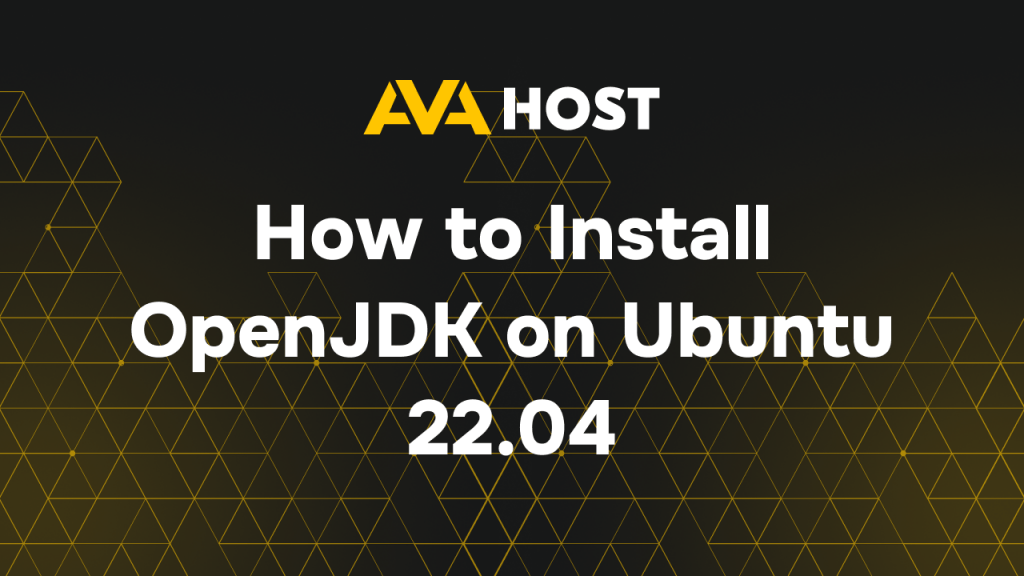
How to Install OpenJDK on Ubuntu 22.04 OpenJDK is a powerful, open-source implementation of Java, widely used for developing and running robust applications. This concise guide simplifies the process of installing OpenJDK on Ubuntu 22.04, ensuring you have a reliable Java environment for development or deployment. We’ll also cover practical examples to help you get […]

Fixing the “Upgrade Ubuntu Install Updates” Error on AvaHost VPS The Upgrade Ubuntu Install Updates error can disrupt the process of keeping your Ubuntu system secure and optimized on AvaHost’s high-performance VPS. This error, often caused by broken packages, corrupt caches, or insufficient resources, prevents successful updates or upgrades. Leveraging AvaHost’s NVMe SSDs, LiteSpeed compatibility, and […]
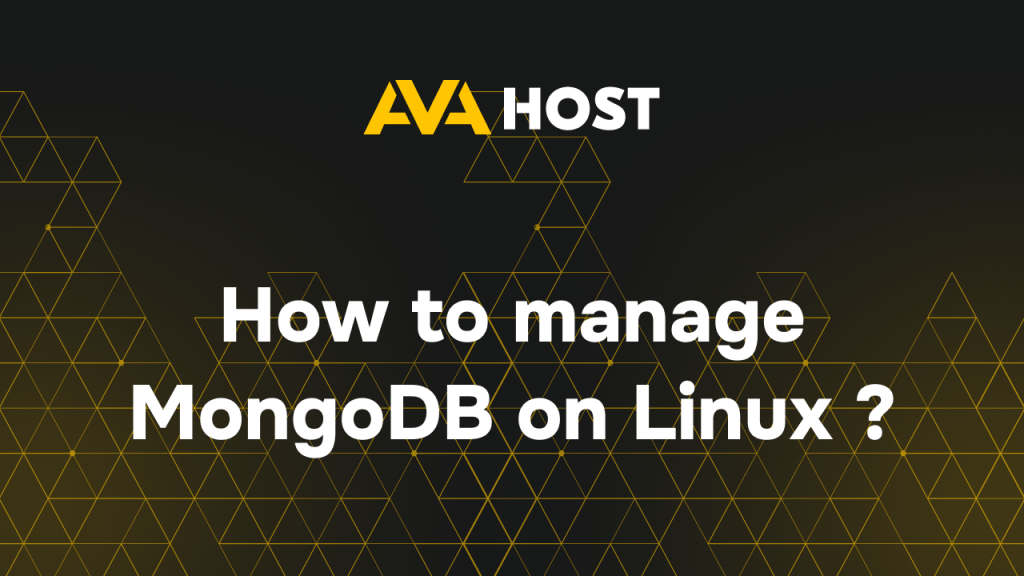
Managing MongoDB on a Linux VPS involves installation, configuration, security, and performance optimization. Managing MongoDB on a Linux VPS is essential for developers and system administrators aiming to harness the full potential of this powerful NoSQL database. From installation and configuration to security and performance optimization, a well-managed MongoDB setup ensures reliability, scalability, and efficiency […]
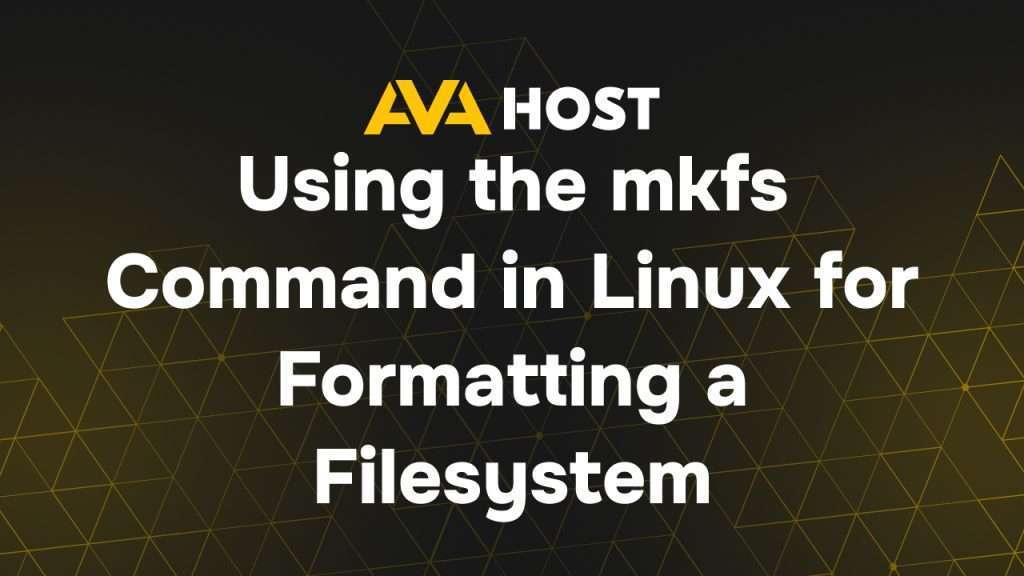
The mkfs (Make Filesystem) command in Linux is used to create a new filesystem on a disk partition or storage device. Formatting a partition correctly is essential for efficient data storage and system performance. This guide explains how to use the mkfs command to format a filesystem on a disk or partition in Linux. Step […]
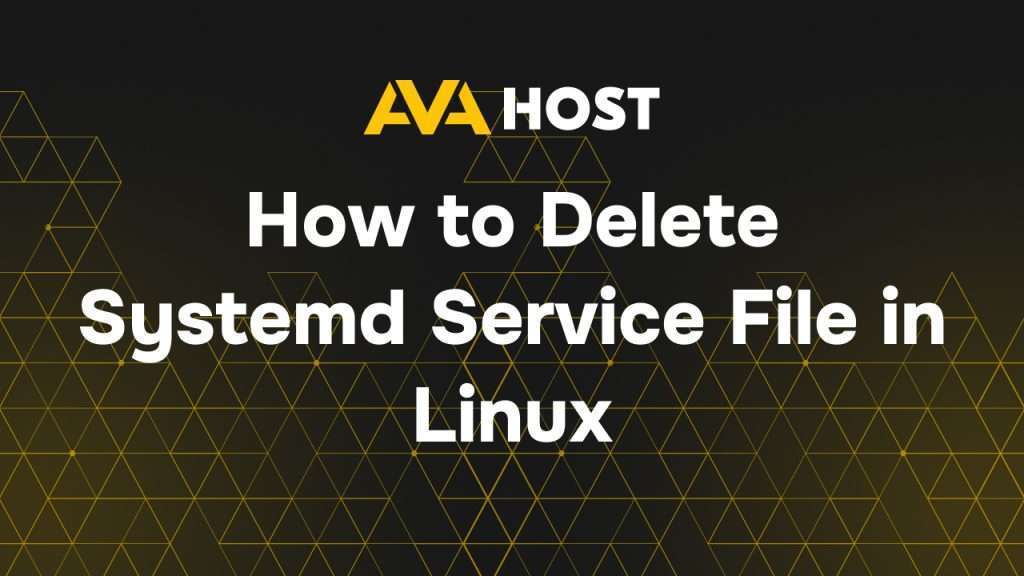
Systemd is the default service manager in most modern Linux distributions, responsible for managing system services. When you no longer need a custom or third-party service, removing its systemd service file ensures a cleaner and more efficient system. This guide walks you through the process of deleting a systemd service file in Linux. Step 1: […]

